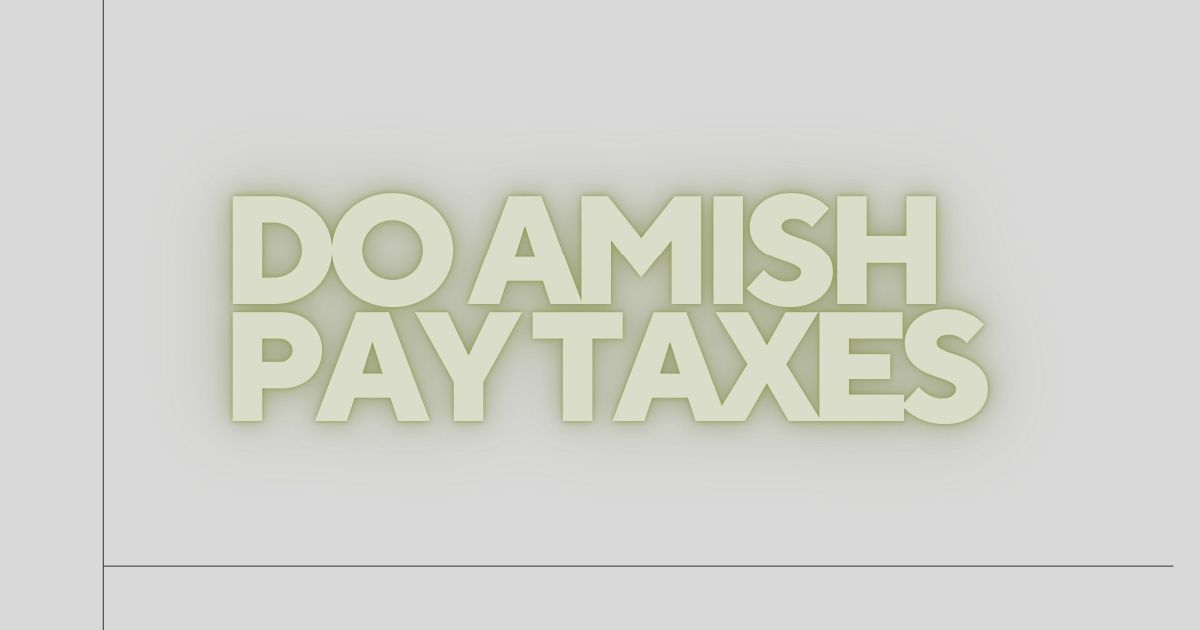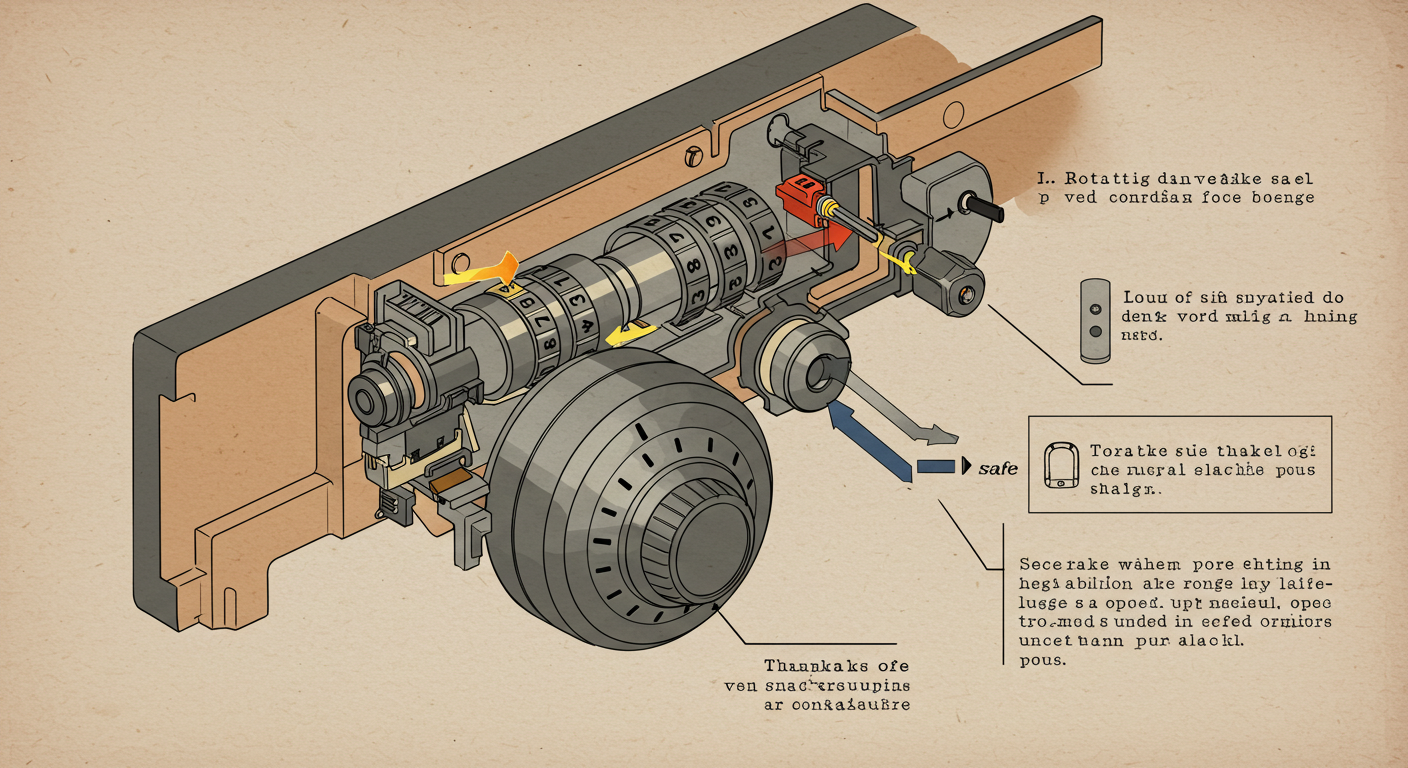The Amish are a unique group known for their simple living, plain dress, and resistance to modern technology. Their way of life is deeply rooted in Christian beliefs, with a strong emphasis on community, humility, and separation from the outside world. This distinctive lifestyle often makes people wonder how they interact with national laws, especially taxes.
The Big Question: Do Amish Pay Taxes?
Yes, the Amish do pay taxes, but there are some exceptions. While they follow the rules of the U.S. government, their religious beliefs allow for some specific exemptions, particularly when it comes to programs that conflict with their way of life.
Federal Income Tax Responsibilities
Like every other American, the Amish are required to pay federal income taxes. They file returns and pay taxes on their earnings, whether it comes from farming, carpentry, or small businesses. There are no exemptions from income tax based on religious grounds in the U.S., and the Amish comply with this law.
State And Local Taxes Apply Too
In addition to federal taxes, the Amish also pay state and local taxes. Whether it’s sales tax on goods they purchase outside their community, property tax on their farmland, or school taxes, they contribute to local government just like their neighbors.
Why Amish Opt Out Of Social Security
One of the best-known exceptions is Social Security tax. The Amish believe in taking care of their elderly and disabled within their community. Because of this religious conviction, they can apply for exemption from paying into Social Security under Section 1402(g) of the Internal Revenue Code. But they must file paperwork and affirm their religious objection to accepting Social Security benefits.
Medicare Tax Exemption Explained
Just like Social Security, Amish individuals who have received the exemption also do not pay Medicare taxes. They refuse government healthcare programs and rely on mutual aid within their community. However, they handle their own medical expenses without burdening public welfare systems.
No Unemployment Tax Contributions
The Amish are also exempt from paying unemployment taxes for workers within their own communities. Since they don’t typically accept unemployment benefits and manage employment among themselves, the government allows them this exemption.
Property Taxes Are Mandatory
Despite their separateness, the Amish still pay property taxes on their homes, barns, and farmlands. These taxes go toward maintaining local infrastructure and services. They do not avoid property taxes, and this is one of the ways they contribute to the broader society.
School Taxes Despite Private Education
Even though Amish children typically attend private parochial schools and finish formal education after the eighth grade, Amish families still pay public school taxes. This is a clear example of their willingness to meet their civic responsibilities while maintaining their religious and cultural identity.
Sales Tax Is Part Of Their Spending
Whenever the Amish purchase goods from outside their community — whether it’s tools, seeds, or raw materials — they pay the regular sales tax applicable in their state. There is no special exemption from sales tax based on religion.
Amish Businesses And Tax Compliance
Many Amish run successful small businesses, from furniture making to construction. These businesses pay business taxes and are subject to standard state and federal regulations. They must report income, pay taxes, and comply with applicable business laws.
Why The Amish Reject Certain Benefits
The Amish refusal to participate in Social Security, Medicare, and unemployment insurance stems from their belief in self-reliance and community responsibility. They view government welfare programs as conflicting with their duty to care for one another within their religious group.
Legal Basis For Amish Tax Exemptions
The exemptions granted to the Amish are not informal or hidden loopholes. They are legally recognized and require specific filings with the IRS. Without the proper exemption paperwork, Amish individuals would be required to pay all the standard taxes like everyone else.
The Role Of Community Support Systems
Instead of relying on government programs, the Amish use community funds and mutual aid systems to support members in need. If someone falls ill or is injured, the community comes together to help financially and physically, reflecting their religious commitment to mutual care.
Do The Amish Ever Face Tax Disputes?
Though rare, there have been cases where Amish individuals faced scrutiny or disputes over tax compliance. However, the vast majority strictly adhere to tax laws, paying what is required while only claiming exemptions that align with their faith and are recognized by law.
Conclusion
In short, the Amish are taxpayers who meet most of their legal obligations like any other citizen. They pay federal, state, and local taxes, including income, property, and sales taxes. Their only exceptions are carefully defined by law and tied to religious principles, such as exemptions from Social Security, Medicare, and unemployment taxes. By maintaining their own support systems, they manage to balance their religious beliefs with their responsibilities as members of American society.
FAQs
Are Amish people completely exempt from paying taxes?
No, the Amish are not completely exempt. They pay most taxes like income, property, and sales taxes, but they are exempt from certain taxes like Social Security and Medicare if they file for religious exemption.
Do Amish businesses pay taxes?
Yes, Amish-owned businesses pay all required taxes, including income and sales taxes. They must comply with state and federal tax laws like any other business.
Why don’t the Amish pay Social Security taxes?
The Amish believe in caring for their own elderly and disabled members without government aid. This religious belief qualifies them for an exemption from Social Security taxes under U.S. law.
Do the Amish pay property taxes even if they have private schools?
Yes, Amish families pay property taxes, which often include school taxes, even though their children attend private Amish schools.
How do the Amish handle healthcare without Medicare?
They rely on mutual aid within their community and self-funded healthcare plans, avoiding government-funded programs like Medicare.











